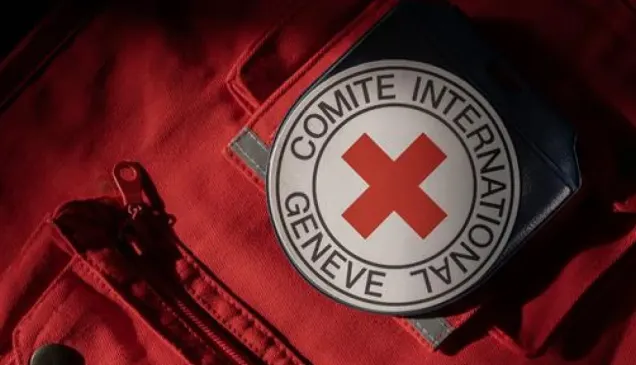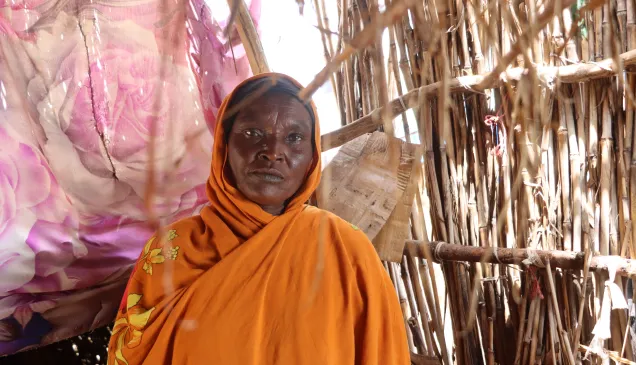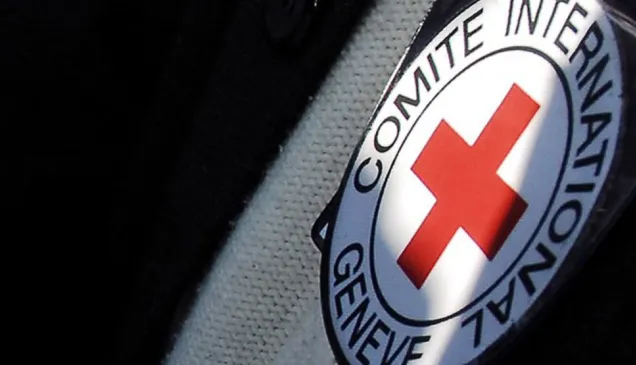Fifth Review Conference of States Parties to the Convention on Certain Conventional Weapons
Fifth Review Conference of the High Contracting Parties to the Convention on Prohibitions or Restrictions on the Use of Certain Conventional Weapons which may be Deemed to be Excessively Injurious or to Have Indiscriminate Effects (CCW), 12 - 16 December 2016. Statement of the International Committee of the Red Cross (ICRC).
For over 30 years, the Convention on Certain Conventional Weapons (CCW) has been a cornerstone of international efforts to protect civilians from conventional weapons that may have indiscriminate effects, and to spare combatants from weapons that may cause excessive suffering. It remains today a fundamental treaty of international humanitarian law (IHL), which nearly two-thirds of States have joined, including global and regional military powers, as well as countries where armed conflicts have been, or continue to be, fought.
The CCW is a living instrument: it is designed to adapt to developments in how conventional weapons are being used and in how weapons technology is evolving. Indeed the Convention's ability to adapt to new developments is the measure of both its success and its continued relevance. At this Fifth Review Conference, High Contracting Parties are called upon to review the adequacy of the Convention's existing protections in light of current military practices and new technologies of warfare and to take the decisions necessary to ensure that the Convention continues to fulfil its protective role in the face of contemporary challenges.
In this respect, in August the International Committee of the Red Cross (the ICRC) submitted a Working Paper (CCW/CONF.V/WP.3, 26 September 2016) in which we recommended that the High Contracting Parties use the Review Conference to advance the work undertaken in the last three years on autonomous weapon systems and to place it in the context of a Group of Governmental Experts. We also called for focussed work on mines other than anti-personnel mines (MOTAPM), incendiary weapons and weapons with incendiary effects, and laser systems other than blinding laser weapons. The ICRC will speak on these issues in the appropriate sessions of Main Committees I and II, but here again we call on High Contracting Parties to take the decisions necessary to allow for dedicated work on these topics as of 2017. We have also in our Working Paper encouraged High Contracting Parties to share their views on the use of explosive weapons in populated areas.
The Review Conference is also an important opportunity to take stock of how well commitments under existing protocols are being implemented. In the CCW Compliance Mechanism established a decade ago and enhanced at the Fourth Review Conference, High Contracting Parties have committed to taking a range of specific national implementation measures, including integrating the Convention's rules into military instructions and training, and adopting national legislation to prevent and suppress violations. Such measures are essential if the protections afforded by the Convention are to be effective. The Compliance Mechanism commits High Contracting Parties to annual transparency reports on the national implementation measures they have taken. Such reports are crucial to help monitor implementation and identify needs for assistance. In its Working Paper, the ICRC has urged those States that have not yet done so to submit their compliance reports.
As the ICRC has also highlighted in its Working Paper, past Review Conferences have also committed High Contracting Parties to promote universal adherence to the Convention. The ICRC repeats its call to all States that have not yet done so, particularly the observer States attending this conference, to adhere to the CCW as a matter of urgency. And we take this opportunity to congratulate Bahrain and Côte d'Ivoire for joining the CCW in 2016.
The ICRC also calls on those High Contracting Parties that have not yet done so to promptly adhere to the 2001 amendment, which extends the application of the CCW and its Protocols to non-international armed conflicts. These are the most prevalent types of conflict today. And we call on High Contracting Parties to join all Protocols if they have not yet done so. The five Protocols to the CCW provide essential protections which all States must commit to, and which High Contracting Parties must build on at this Review Conference, by charting a clear course towards addressing humanitarian concerns arising today from the use of weapons use and the development of new technologies.



